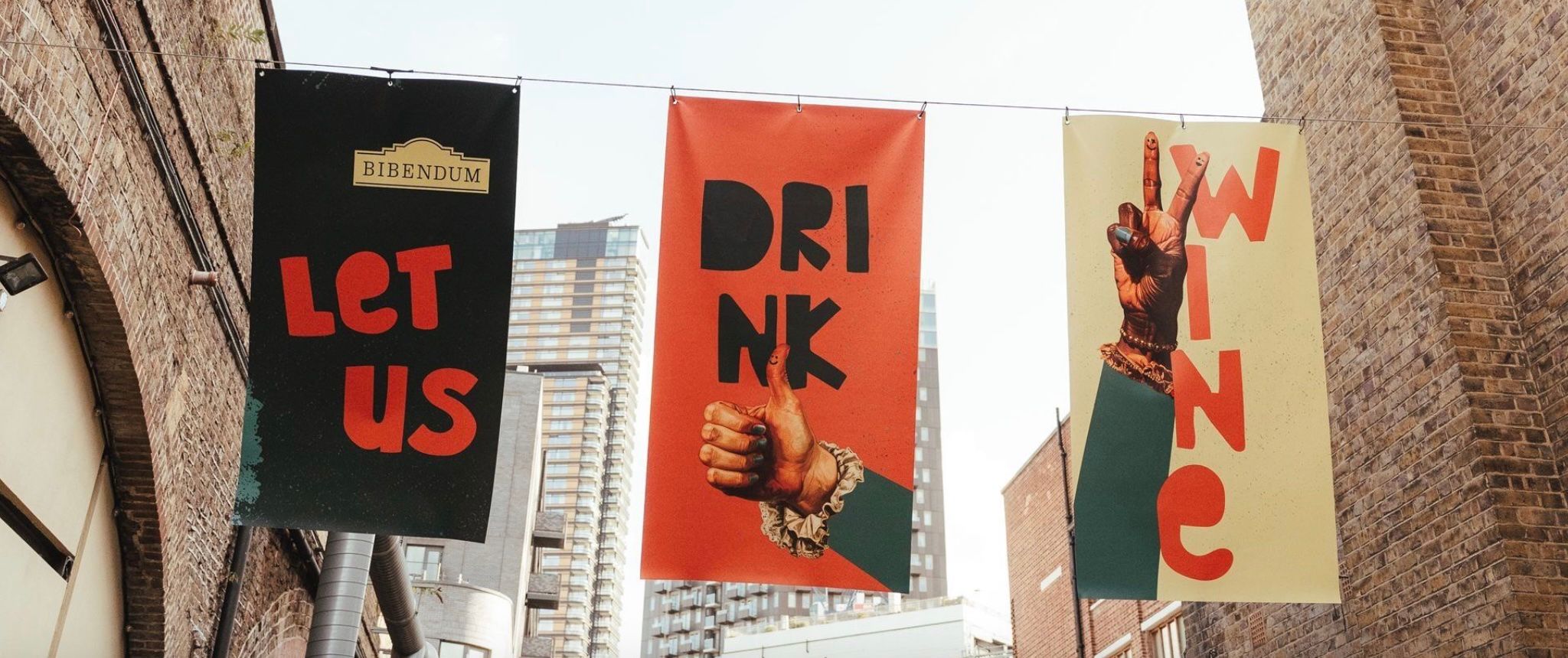The fact we are conducting this interview in Bibendum’s new offices right in the in centre of London, in the shadow of St Paul’s Cathedral, and a long way physically, mentally and culturally from Bibendum’s famous Primrose Hill headquarters of old, emphasises the fact this is now a very different business.
One that is proud of its heritage and impact it has had on the UK and global wine industry, particularly around the quality of people and producers that have worked for the business - and continue to do so. But one that also recognises the need to distance itself from the past, and finally build a new reputation and respect for what it is now doing under the ownership of the powerful C&C Group, and all the financial support and security that brings.
That new reputation now very much rests on the success and effectiveness of the major “structural changes” that have taken place across Bibendum - and wider C&C business - over the last year to 18 months.
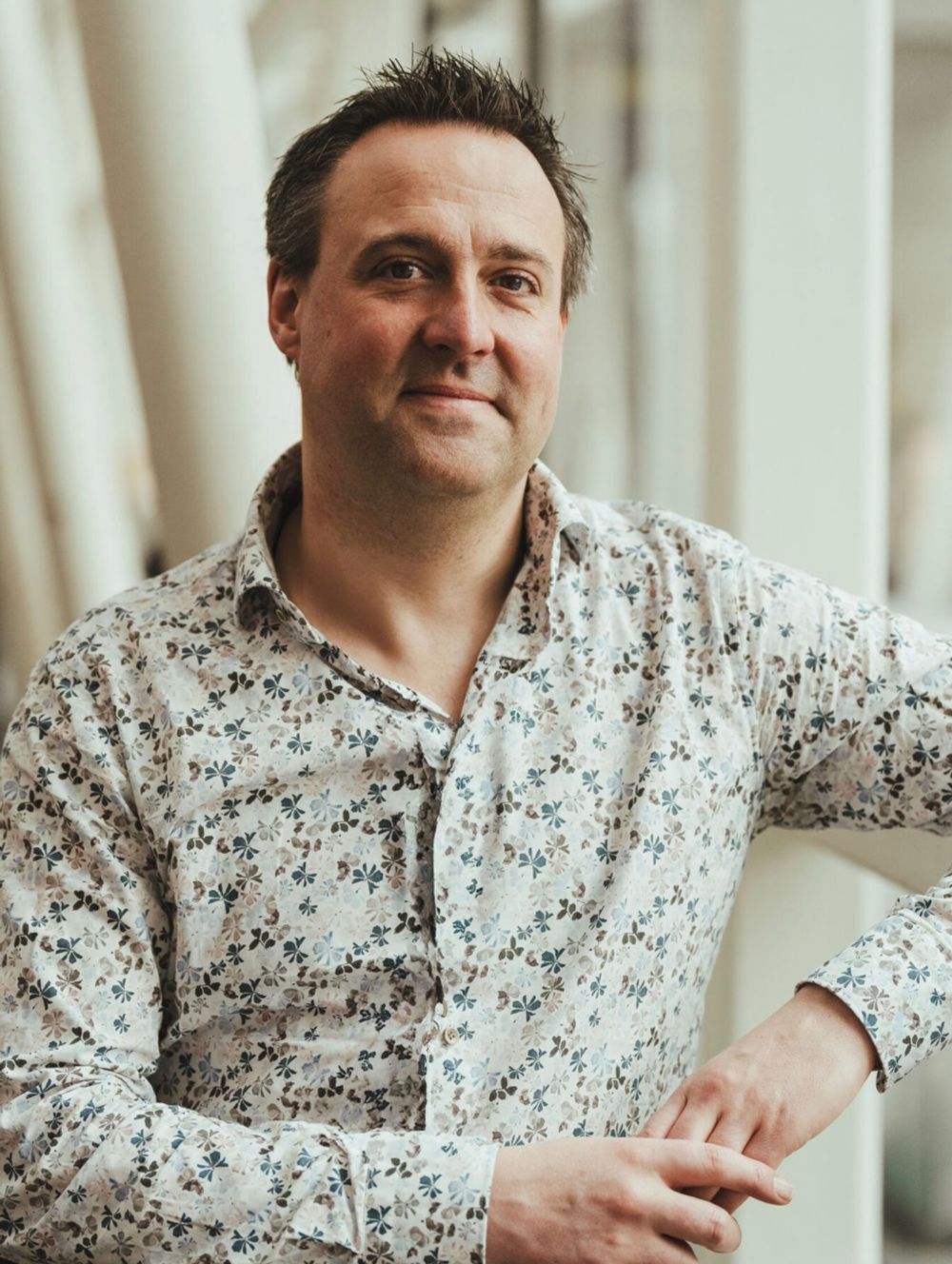
Jamie Avenell says there has been so much change at Bibendum over the last 18 months that it is a "fundamentally different busiuness"
A renewed focus on sharpening and improving its core buying, sales, marketing and supply chain functions that wine director, Jamie Avenell, first set out to The Buyer in our interview last September.
Nearly a year on and Avenell is pleased to see most of the structural changes he set out last summer have now been put in place.
Key to all those changes has been the centralised strategy to have a buying team that takes a group C&C approach to what wines it needs to have to then sell across its different trading businesses and routes to market - be it Bibendum to the premium on-trade, Matthew Clark to the overall hospitality sector, Tennents in Scotland, Bibendum Ireland, Walker & Wodehouse serving independent merchants and Bibendum Off-trade managing the major grocery and retail players.
Each with their own different wine portfolio and specialist sales team, tasked with selling bespoke wines for their channel of the market, but with the ability to offer other wines in the portfolio where appropriate.
“We have to buy the wine that is right for each different segment of the business that have their own needs and requirements,” he says.
Executive talent
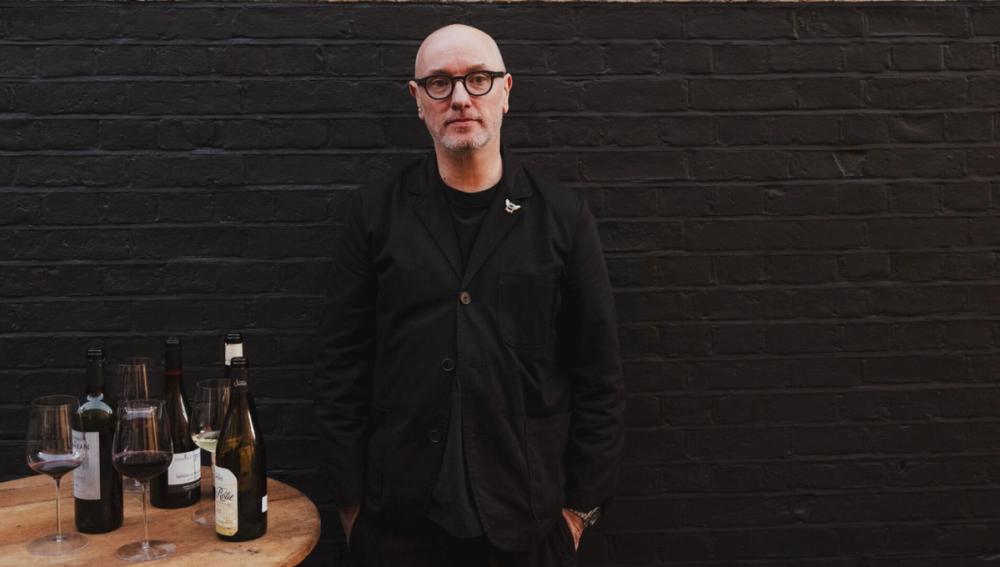
The widely experienced Andrew Ingham has joined Bibendum to head up its on-trade sales teams
To get that right needs good, experienced people and that is where C&C has really stepped up to the mark to bring new talent into the business.
Andrew Ingham is an example of the level of investment that has gone into, for example, building Bibendum’s senior executive team that now firmly distances itself from the long-standing management team that came before them.
A new team made up of those that have been in the business for some time, like Avenell, and a new c-suite of talent with vast experience across the on and off-trade and distribution sectors.
Ingham’s most recent roles have been outside the UK working for major grocery retailers in Hong Kong, and starting his own disruptive wine brand, Interpunkt, and is best well known in the UK for his time buying wine at Morrisons and Greene King.
He was brought in by Rob Sandall, another new high profile recruit, heading up C&C overall sales operation, after a long career in brewing most recently at Thatchers Cider and previously in senior executive roles at Carlsberg Group.
“One of the big things we have seen over the last year is the power of momentum,” says Avenell. “When you have got good people they challenge each other and that makes you better and it makes the business better.”
Particulary in the core areas of buying, sales and marketing. Avenell explains: “It takes time for people to understand how the business works, what the portfolio is, what our new CRM (customer relationship management) system is and what is expected of them. Now we are starting to see the benefits of some of that momentum.”
Noticeably he adds: “Fundamentally it is a different business. If you wanted the same business that existed 20 years ago - or even five years ago - then you might be disappointed. This office is part of that. It’s a bit of a mindset change. It’s different people, the portfolio has changed and the expectations are different.”
Ingham adds: “We have just got rid of the ghosts of Christmas past.”
Key personalities

Jamie Avenell and Andrew Ingham have very different personalities but are both passionate about getting the right wines to the right customers
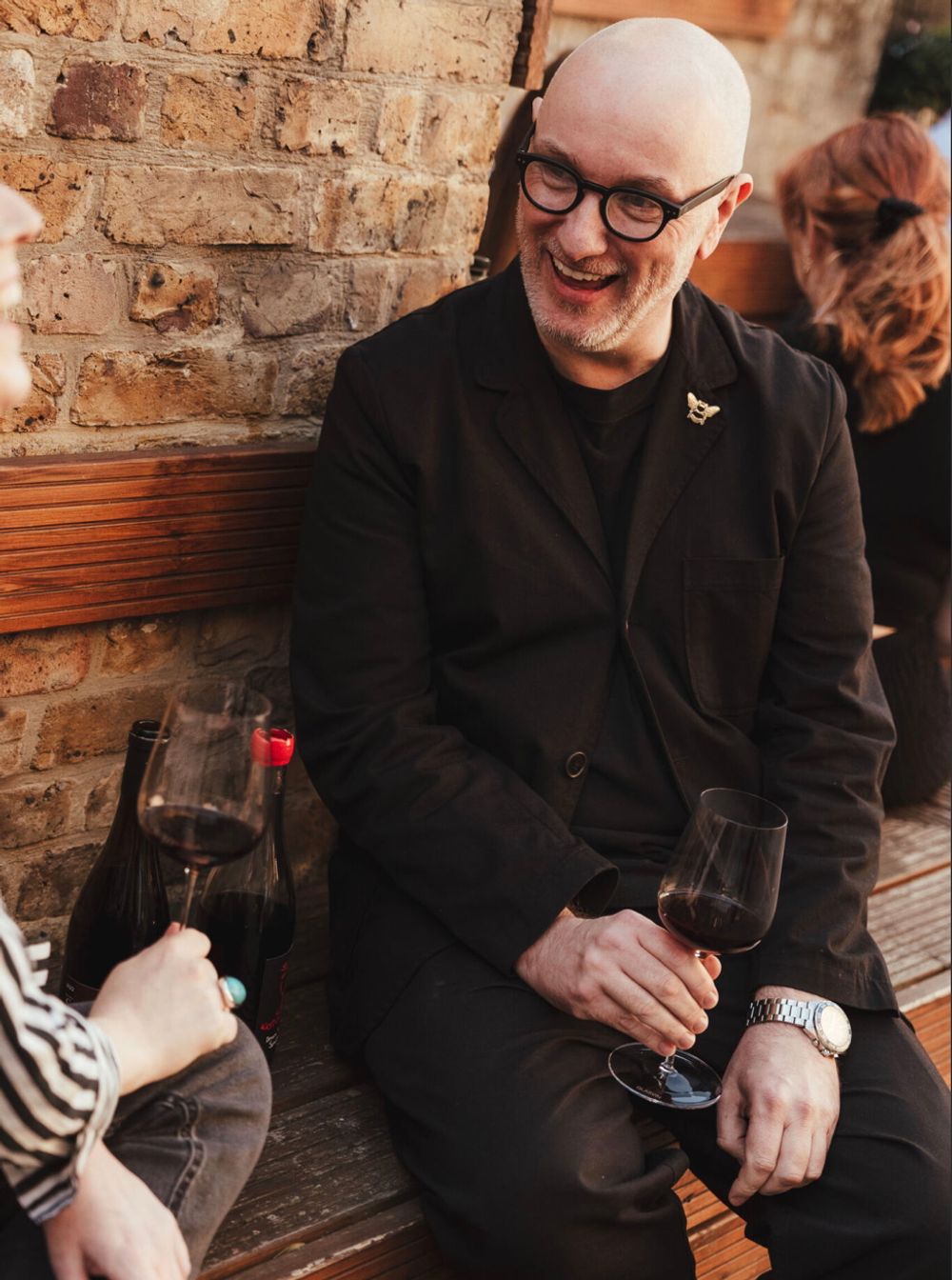
You only have to spend a couple of minutes with Avenell and Ingham to appreciate how important the individual personalities of key people in any business is to how the overall company is run.
For it is one thing being a so-called industry leader, it is quite another to be an actual leader that people believe in and want to follow.
Take Avenell and Ingham. They both have very different jobs to do and they both have their own very distinct way in how they do them.
It’s what Ingham actually describes as their “yin” and their “yang” approach to wine. Two different management and leadership styles, but both focused on delivering the same objective.
Which is essentially to re-position Bibendum as the go to supplier for more on and off-trade drinks retailers, restaurants, bars and hotels. But to do so in a way that directly addresses issues there have been in the recent past, explain the steps that have been taken to eliminate them and set out the strategy that is going to ensure Bibendum can help its customers maximise their wine sales in the future.
In many ways they are the classic double act. Avenell playing the straight, down the line foil to Ingham’s more blunt, Mancunian, direct one liners.
Personalities that very much fit their crucial roles within the Bibendum business. It is Avenell’s job to put the structure and expertise in place - across the C&C Group -to make sure its buying team is going out to source, negotiate and put the right wine range together for Ingham to then direct, motivate and manage the on-trade sales team to go out and get them listed in as many venues as possible.
Collaboration is key
The fact they both wanted to be interviewed together emphasises the renewed focus there is now at Bibendum for the buying and sales teams to truly act as one, particularly when selling into the on-trade.
As Ingham explains: “It has to be collaborative for it to work. I need Jamie and his team to buy wine at the right price that our customers want and Jamie needs me and my team to sell it so we can go and do it again.”
Which is why he says their “yin” and “yang” attitude to wine works so well.
“My attitude to the wine industry has always been direct and I am not scared to say what I think of it,” says Ingham. “I don’t fall for the romance of wine, but our customers do care about it and the story telling and Jamie brings that aspect to it that I don’t naturally have. That is what I mean by our ying and yang.”
Avenell agrees 100% it is all about collaboration when selling to the on-trade and that means for a business like Bibendum getting all aspects of the business working together across forecasting, buying, sales, supply chain and logistics and marketing.
“You need all of those cogs to be aligned and working together,” he says, which is what any big wine business has to be totally focused on delivering.
Avenell says his and his team’s role is to, yes, source wines that are very much about the “romance” side of wine, but every wine and producer it works with have to be the right commercial fit for each other and wine buying is based far more on building long term partnerships with each other.
All based on ensuring it is offering the wines the UK on and off-trade wine market is looking to buy. Which ultimately is the hardest and most important thing to get right, says Ingham.
Business focus
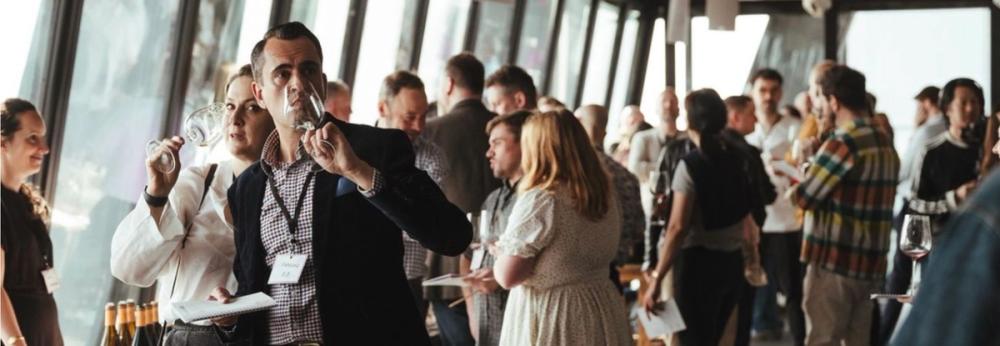
Much of the work behind the scenes at Bibendum has been around structuring its business to ensure each customer gets their own dedicated level of personal service
“The pressures on our customers and winery partners is immense and we are all competing for the same thing with our competitors,” he adds. “We are way beyond just filling your distribution centre with wine, with as many agency partners as you possibly can. My background in retail has taught me you can do a lot more with a lot less. You win with the winners. You can’t give everything to everyone. You end up just competing with yourselves.”
Ingham is looking to bring some of those retail disciplines into Bibendum’s on-trade sales strategy by being far more focused on which wines and producers they want to get behind in each trading channel.
“We need to make our winery partners feel they are our priority,” he says.
Whilst Avenell says he agrees with the “do less but do it better” approach it is still important he brings his “yang” approach to the table and ensure Bibendum “has enough focus on the right things, but that we also have the diversity and interest to spark the passion and love and to have the range to excite us and excite our customers”.
Which also goes for all the other parts of the C&C Group his buying team is responsible for across Matthew Clark and its operations in Scotland, through Tennentsand Ireland through Bulmers Ireland and Bibendum Ireland .
Empowering staff
Particularly as it has given Bibendum the opportunity to put in place a new sales training and development strategy that Ingham believes genuinely “empowers” the sales team to go out and make a real difference for their customers.
By that he means capturing the natural passion that wines sales professionals have for what they are selling, but aligning that with strong, business skills that allow them to take that knowledge and applyto the commercial, practical needs of the operators they are working with. It moves the relationship on from just selling them wine, but becoming a true business partner focused on what they need.
He admits it is a careful balancing act to get right, but it is highly effective if you do.
“We want wine passionate people that can close a deal,” says Ingham, a skill he has learnt after decades working in hard pressures roles in grocery retailing and senior buying roles.
He says the first question he asked in his interview for the role was “how much do you guys care about wine?”The answer was ‘We critically care about it’. Which is what I wanted to hear.”
He adds: “We want to train our sales team to be sales professionals as well as being wine passionate. You can’t rely on that any more.”
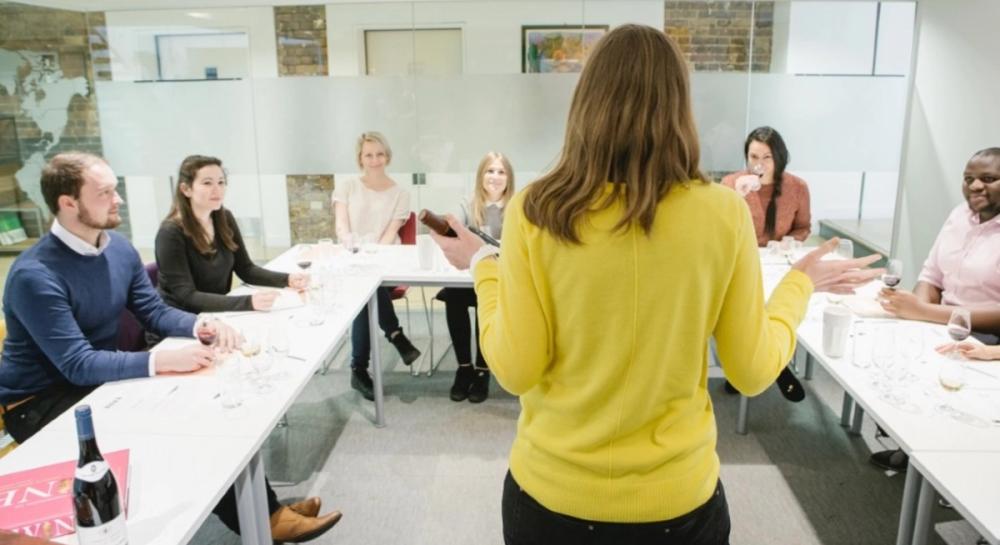
Training and staff development has been a major investment by the C&C Group across its business
To do so has seen C&C significantly investin new sales training programmes and an additional spend in CRM (Customer Relationship Management) systems in order to “professionalise” the overall sales team and the strategy and operations that support it.
He wants every member of its sales team to go in “with confidence” to visit a venue, armed with the right CRM information about their sales and ordering history, who their customers are, all supported by the right customer segmentation and realistic sales targets. All of which can be accessed via personal iPads, in real time, whilst a sales person is out on the road visiting customers.
“Every interaction the business has had with an individual customer will be recorded on the CRM system and the sales person can have immediate access to it. So they are never walking in a blind to a sales meeting,” says Ingham.
Power of coaching
To get the messaging and sales training right meant initially giving its sales leaders specific coaching training so they were best placed to deliver that training.
Which has meant taking a step back to learn the best ways to talk and listen to individual sales team members so they can understand the problems and issues they have.
Ingham explains: “We want to get the sales people into a place where they are empowered to understand it themselves and not rely on line managers to step in and do things for them.”
He adds: “It starts with really great coaching and that is a real skill to learn where you are not giving people the answer, but are coaching it out of them. That culture around coaching is now so inherent in our sales team and is critically important.”
With the right training and support in place it means Bibendum can sit down with its customers and take a 360 degree analysis of what they need based on factors such as the demographics of the area and the sort of customers they have and what they want to spend their money on.
“How can we help them achieve whatever goals they have, be it to premiumise their range or make it more accessible. But you have to be able to ask good questions of the customer to understand what they want so we can help solve their problems and that does not come naturally. You have to learn how to do that,” explains Ingham.
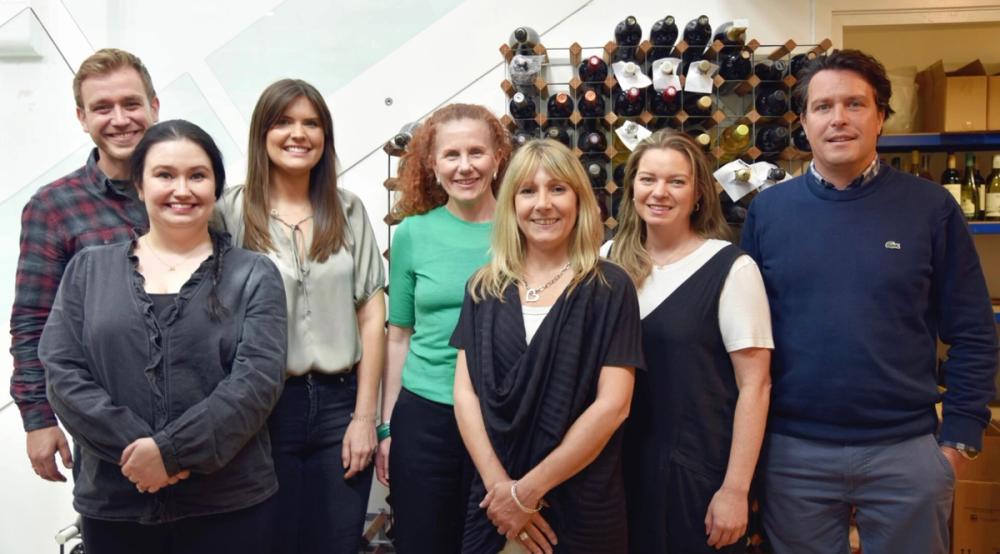
Bibendum's training team
All their interactions and feed back from customers can also then be monitored and analysed by the sales managers to make sure, as a team, they are picking up on all potential sales and business opportunities.
Being able to provide that level of professional business support is even more important at a time when on-trade customers are having to manage even more increased costs and the fall out of the increase in National Insurance payments. Where often it is in areas such as specialist in-house wine expertise, and having a sommelier that are the first to be cut.
“It’s all about having that excitement and energy in the sales team. That’s half the battle having that energy,” says Ingham.
Hence the additional investment it has made in bringing in specialist leadership and coaching expertise and sales training support.
Positive impact
Crucially the investment is making a difference both in terms of raising sales with existing customers, but bringing in new business too, which, after a couple of difficult years, is having a positive impact on the Bibendum team.
“People want to be part of something that is successful,” says Avenell. “Positivity brings positivity.”
“Good energy also brings success,” adds Ingham. “As we start to grow and win more things people are motivated to do it even more. It’s quite addictive.”
It also raises the ante on the attitude and quality of sales person that Bibendum, and the wider C&C Group, want to attract and work with.
Professional support
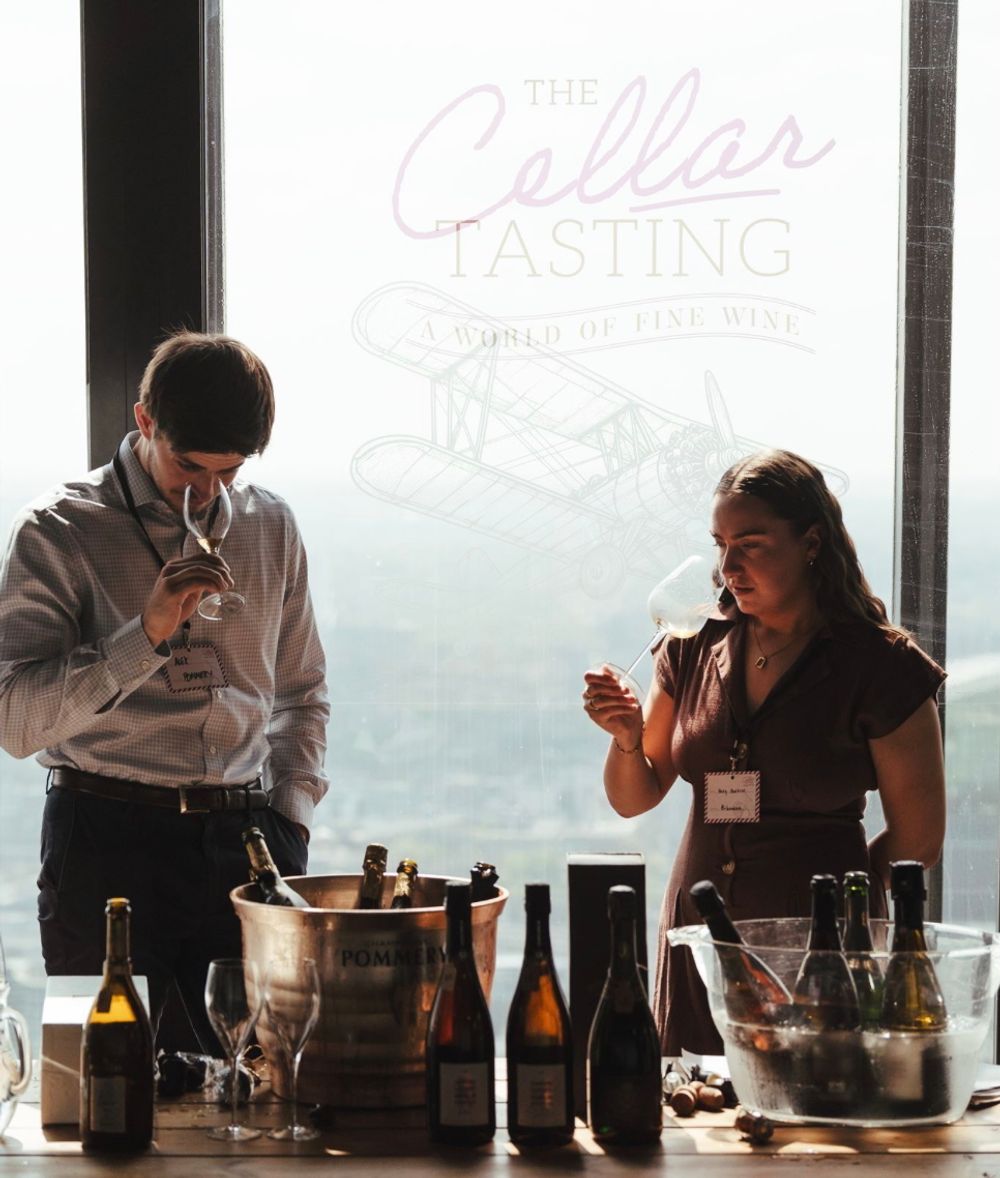
Getting out to talk to its customers about its new wines and customised sales strategy has been a key part of Bibendum's renewal strategy
Avenell is is also quick to appreciate the level of investment in CRM technology might be relatively new in the wine industry, but it would be seen as a “fundamental structural part of a sales business” for the likes of Coca-Cola, Unilever etc.
It has also brought additional training and a commitment across the senior management team to properly ingrain CRM disciplines into the wider C&C business and ensure “there is a change in culture” to make sure it is fully used, he adds.
“We are able to make this investment because of the financial strength of the [C&C] business.”
This “professionalised” approach is in place not only across the C&C Group, but the wider wine industry, says Avenell.
For example, he says, he told a panel held for national wine careers weekof Plumpton College students recently that having a passion for wine was not enough to be successful in the sector any more. You need to decide which aspect of the industry you want to take that passion and then become either a “great sales person, or great buyer, or marketeer”.
“If you just want to do it because you love wine, it’s not enough,” he says.
That commercially focused strategy is very much part of what the C&C Group does across all its trading divisions from brewing, to brand building, to distribution. It certainly is not “founded on wine purism,” adds Avenell. I
Any wine company still based on “wine purism” is not best placed to survive, he says.
It’s what made Ingham give up his life in Canada and return not just to the UK, but to a business he believes is on course to being the most dynamic and important supplier of wine in the country.
He finishes with a clear message to the trade: “Any sales person in the UK wine industry that wants to work for an energetic, forward thinking, dynamic company then give me a call.”
* In the second part of our our in-depth interview Richard Siddle finds out what direct changes Bibendum’s new trading strategy is having on its wine range, the benefits of C&C’s central buying team and how its different trading businesses are working together in the best interests of their customers.
* C&C Group is a commercial partner to The Buyer. You can find out more about what it does here.
